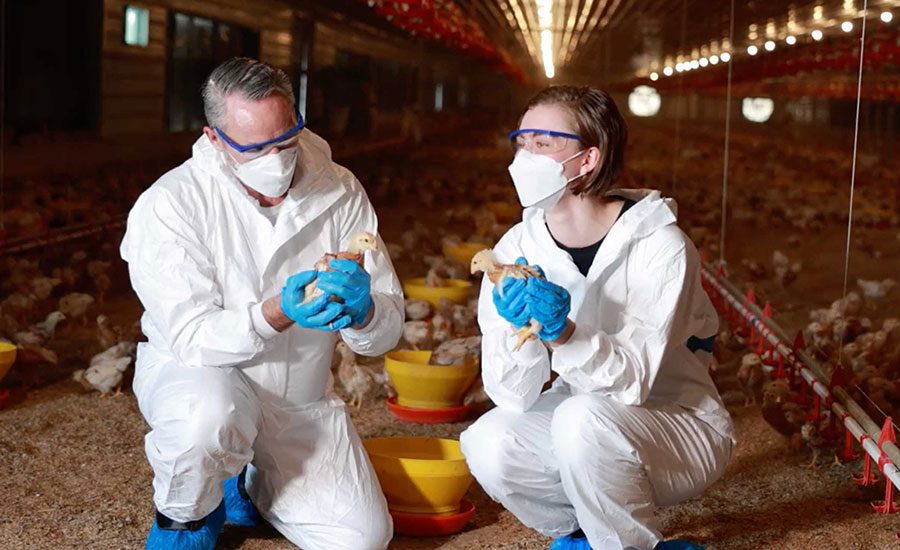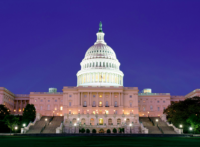A bipartisan group of 15 U.S. senators urged the Obama administration on Thursday to consider whether the proposed sale of Smithfield Foods Inc to the Chinese meat company Shuanghui International posed a threat to the U.S. food supply that could justify blocking the deal.
"We believe that our food supply is critical infrastructure that should be included in any reasonable person's definition of national security," the senators said in a letter to Treasury Secretary Jack Lew, whose department chairs the interagency panel that reviews foreign investment for national security threats.
Smithfield, based in Smithfield, Virginia, is the world's largest producer and processor of pork. Shuanghui is planning to acquire it for $4.7 billion in what would be the biggest takeover of a U.S. company by a Chinese firm.
"We strongly encourage you to include the Department of Agriculture and the Food and Drug Administration in any CFIUS (Committee on Foreign Investment in the United States) review of this transaction," the senators said.
The group included 15 of the 20 members of the Senate Agriculture Committee, including the Democratic chairman, Debbie Stabenow of Michigan, and the panel's top Republican, Thad Cochran of Mississippi.
They said the Agriculture Committee had not taken a formal position on the proposed sale but planned to "further examine how this transaction is reviewed and how these transactions will be reviewed in the future," given the potential for other foreign purchases of U.S. food assets.
Senate Minority Leader Mitch McConnell, a Kentucky Republican, and Senate Finance Committee Chairman Max Baucus, a Montana Democrat, were among the five Agriculture Committee members who did not sign the letter.
The CFIUS review process does not typically include either the USDA or FDA, although the statute allows the president to bring in additional agencies on a case-by-case basis.
In addition to Treasury, other CFIUS members include the Departments of Justice, Homeland, Security, Commerce, Defense, State and Energy as well as the offices of the U.S. Trade Representative and Science and Technology Policy.
The senators urged Lew to make the USDA one of the lead agencies in the Smithfield review and to consider "the broader issues of food security, food safety and biosecurity" posed by the proposed takeover.
They also suggested the U.S. government should require certain safeguards, if the deal was approved, to ensure Shuanghui complied with U.S. food safety and biosecurity standards.
"We welcome a full review and fair consideration of the Shuanghui-Smithfield combination from the U.S. government," a Smithfield spokeswoman said, noting the company would continue to collaborate with Congress and CFIUS.
"We believe the proposed combination does not present any national security concerns, is good for U.S. farmers and agriculture, and will advance U.S.-China relations," the spokeswoman said.
RISING 'TO OUR STANDARDS'
U.S. Treasury Department spokeswoman Holly Shulman declined to comment on the senators' letter, citing confidentiality requirements of CFIUS reviews.
"By law, information filed with CFIUS may not be disclosed by CFIUS to the public. Accordingly, the Department does not comment on information relating to specific CFIUS cases, including whether or not certain parties have filed notices for review," Shulman said.
Nancy McLernon, president of the Organization for International Investment, which represents foreign companies that invest in the United States, said she believed the Smithfield purchase would be approved and there was already no question that Shuanghui would have to abide by U.S. law.
"When foreign companies invest here, it's not a race to the bottom. It's about having them rise to our standards, because we have laws and regulations that they have to abide by. That's the price of entry into our market," McLernon said.
Treasury should respond quickly to the senators' letter so "the concerns don't spiral out any further," McLernon added.
CFIUS could sign off on the deal by mid-July if the companies satisfactorily answer all its questions in an initial 30-day review. But some analysts expect the investigation will go into a second phase, which could take up to 45 additional days.





